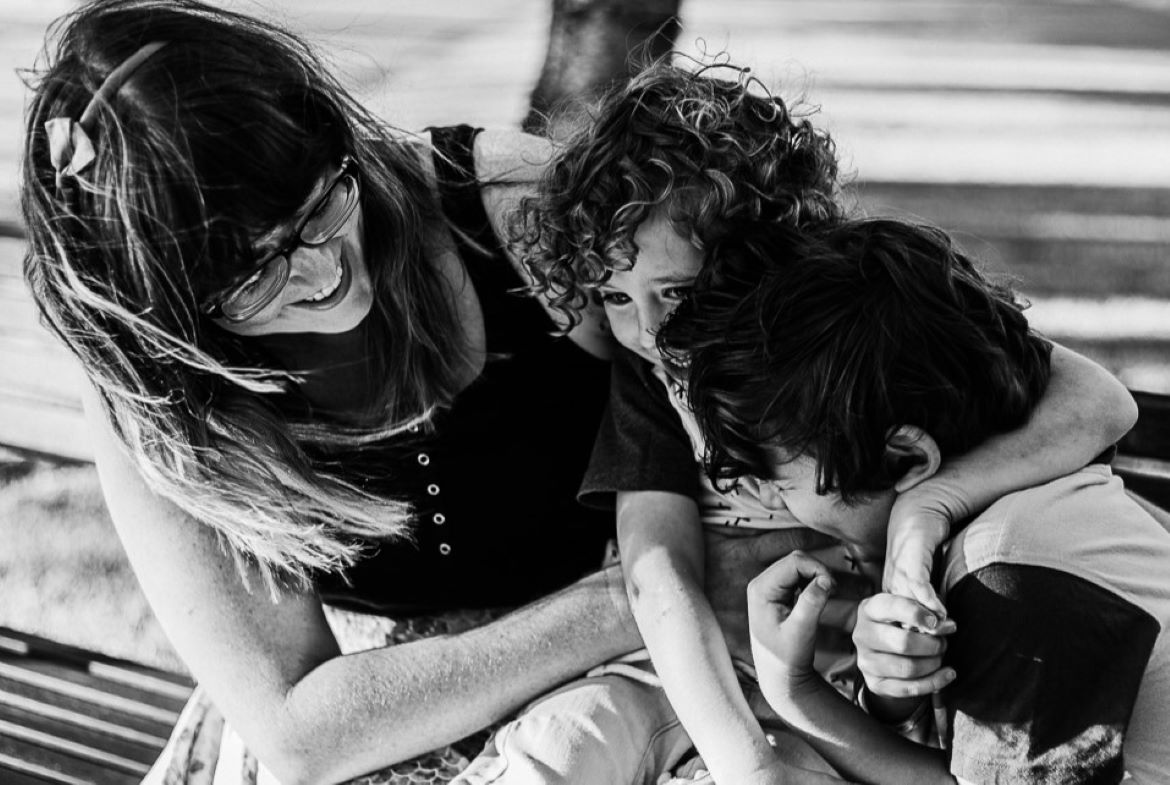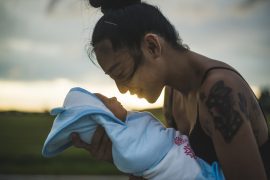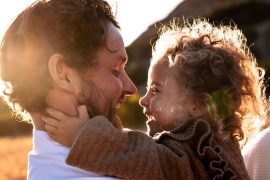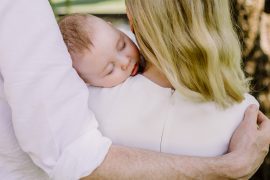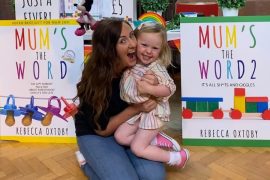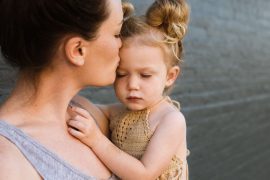By Sarah Palmer
For a while now, I’ve been challenging the narrative that responsive parenting equals self-sacrifice and I’ve been working on breaking my own cycles for a few years. I knew this work was important, but sort of assumed it would mostly apply to mothers of babies and toddlers, trudging their way through the trenches of the intense early years of parenting. I assumed that once our kids were grown up a bit that it would be easier to find the time to meet our own needs – so many mums are waiting it out – waiting for their babies to be a bit older before they start focusing on themselves – until I saw evidence of how important it is that we break the cycles of self-sacrifice while our babies are still babies.
A few months ago, I was out with some mums of much older children. I had an almost 3-year- old and they had teenagers and adult children (one with grandchildren).
They were talking about how challenging it is. They were talking about the worries. They were talking about how much they’re still caring for their children, and now grandchildren. I listened and knew, that even though we are in completely different seasons, motherhood will always have challenges and we will never stop loving or serving our kids.
For a while now, I’ve been challenging the narrative that responsive parenting equals self-sacrifice and I’ve been working on breaking my own cycles for a few years.
They also (without realising it) shared snippets of their ongoing self-sacrifice.
That even when their teenagers don’t “need” them as much as they did when they were toddlers, they still pack lunches of favourite foods to be taken to school or work. Which would have been lovely if this mum hadn’t followed this up by saying, “and then I don’t pack anything for myself, so I just have crackers for lunch”. She talked about being ‘hangry’ at work and that resentment carrying over into the evening while preparing dinner for her family.
The other mum shared that even with adult children living in a different state, when she’s not at work, she’s organising something for a child, or grandchild. I realised this was a problem only when this mum said, “I don’t really do things for me!” and I saw the sadness in her eyes – her yearning for self-care was clear as day.
When they posed that rhetorical question to each other, “but what would we do without them?”, they smiled, a short laugh and then said, “get a full night’s sleep” or “read a book”, among other little things that I would have assumed that any parent without small children would find accessible to do.

